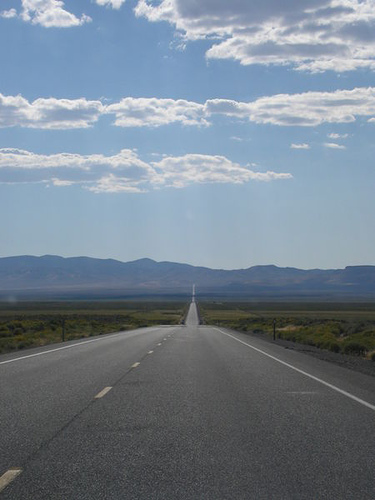In western Namibia, there’s a deadly strip of beach where the Namib Desert runs right up against the South Atlantic Ocean. Shipwrecked sailors who landed there found themselves trapped between heavy surf on one side and hundreds of miles of desert on the other. Many starved to death right there on the beach.
It’s called the Skeleton Coast.



